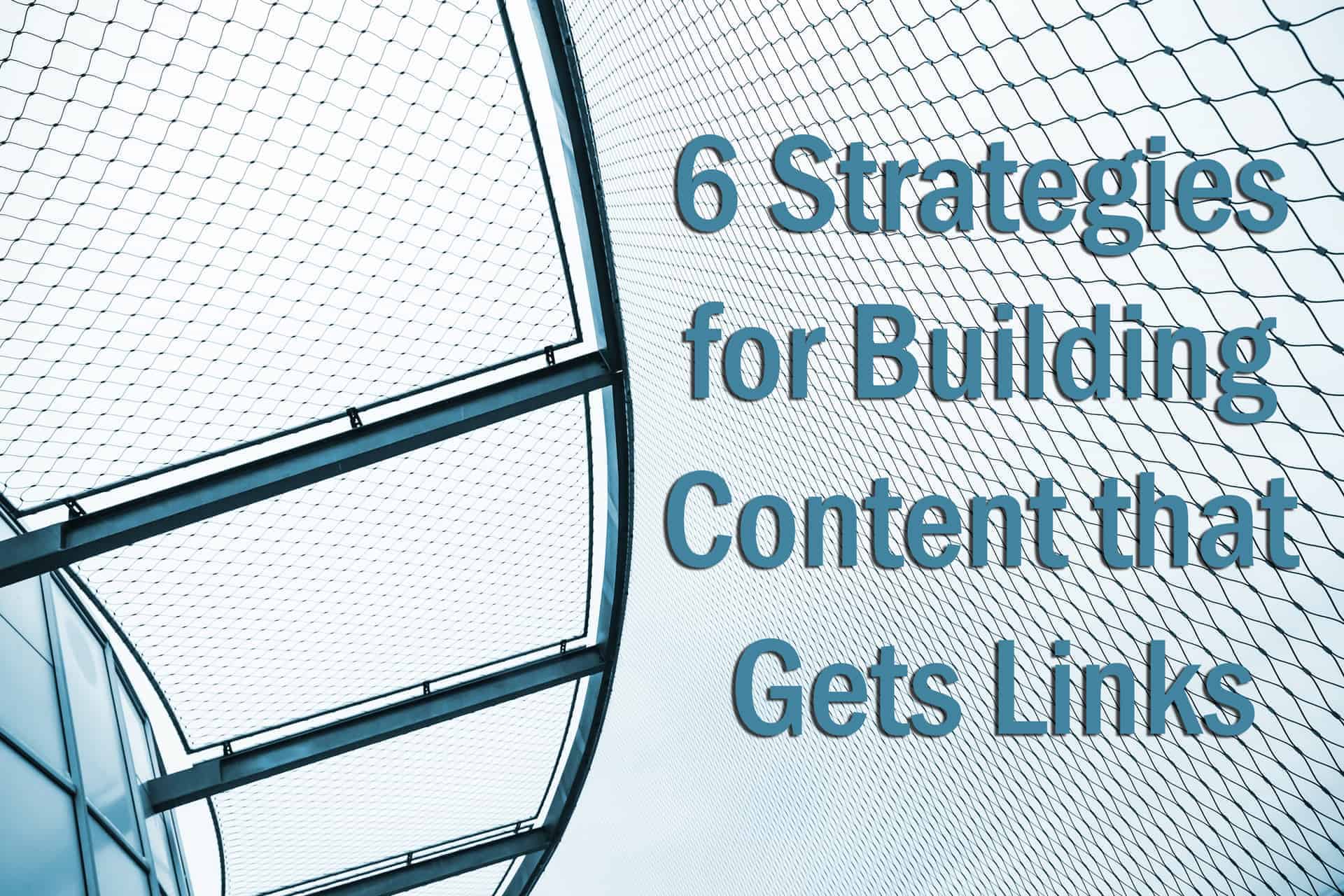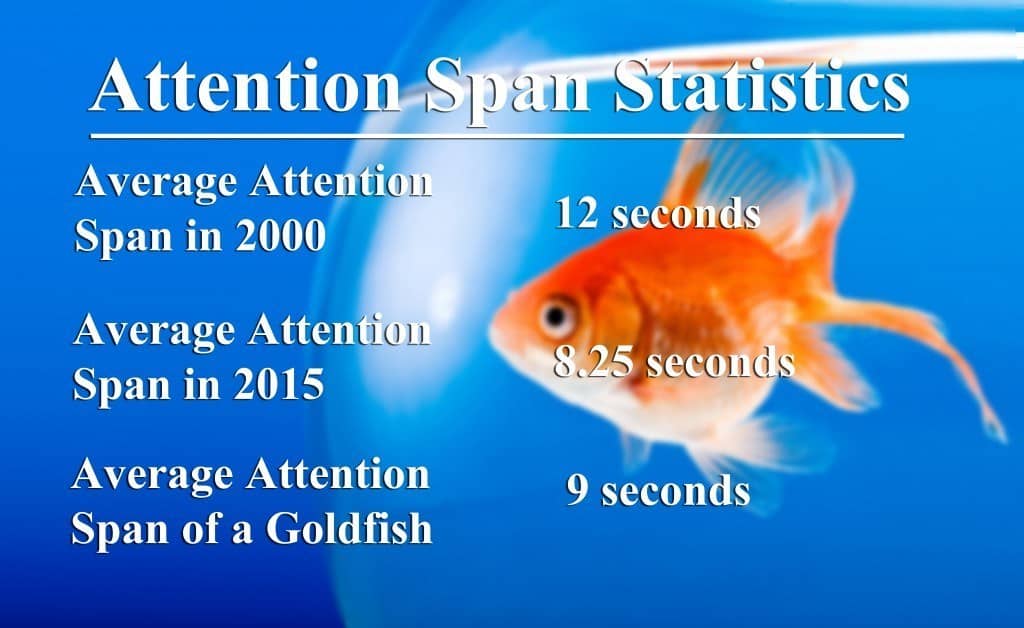
6 Strategies for Building Content that Gets Links


Link building is the networking of digital content. When someone links back to your site, they’re putting their reputation on the line in order to promote something you’ve posted that they think will be of value to their readers. They’re introducing you to their network in a way that simply liking or sharing never will. To create the kind of relationship that inspires others to cite you as an expert in your field or recommend you to their fans, you need more than just frequent content creation and catchy headlines. You need rich content that appeals to readers visually while offering valuable expertise and data-driven content.
Add Images
A 2012 study by Moz found that posts with images receive many more links than copy without images. Intuitively, this makes sense. Images make a post easier to read, remember and comprehend. But why?
As we’ve become more accustomed to using devices all day every day, we’ve gotten used to getting what we want instantly. In fact, our attention spans have shortened from 12 seconds in 2000 to just 8.25 seconds in 2015. Since our brains can process visual images 60,000 times faster than text, pictures (including photos, graphics, diagrams and charts) are more satisfying and more impactful.

Create Depth
Content that is short is perceived as shallow. The previously cited Moz study found that readers may “like” an interesting tidbit of information, but they won’t consider it substantial enough to link back to. Longer content is judged more credible, more in-depth and more heavily researched. Of course, this means that longer content should, indeed, be credible, in-depth and heavily researched. Its perceived weight makes it more valuable, and linking to it creates a halo effect that adds value and depth to the linker’s site as well.
Use Science and Math
Not all posts have to be lengthy in order to get links. A page that offers statistics, surveys, studies, data or research results gets linked because writers of all kinds need them to grant legitimacy to their own posts. Bloggers, writers and editors need sources and evidence to support their arguments and bolster their own credibility.
Not all bloggers have original research or statistics to cite. As an alternative, use your post as an opportunity to share the significant findings of others, to compare multiple sources of information, or to curate the best studies on a single topic.
Ask Questions (And Give Answers)
Many people who are experts in their fields fail to realize just how little outsiders or novices know about their domain, and just how sought-after their specialized knowledge is. Gather questions from your customers, clients, new employees and veterans in the field who are looking to keep up on current developments, then create an in-depth FAQ page. You could publish multiple pages directed at different audiences or update a single page weekly with new questions and shout-outs to the customers who asked them.
Another way to share your expertise is to give an in-depth look at a single issue that plagues your industry. If you’re a teacher, give an in-depth history of the Common Core, discuss its goals and implementation, explore the controversy surrounding its adoption and conclude with your own opinion as an expert in the field. While much of this information can be found elsewhere online, it is likely that it has not been pulled together into a single source.
Don’t Self-Promote
No one is interested in marketing your company for free, so content that is blatantly self-promotional will get few links. Making reference to your product or service or including links back to your own home page or store makes your entire post suspect. Readers will (rightly) feel that your post is nothing more than a thinly-veiled advertisement, and you will lose credibility as well as links.
Don’t Recycle Ideas
What is the point of your post, and is it a point that has been made before? If it’s simply a recycled version of ideas that have already been shared, then visitors will see no point in linking to it. There are over 123 million articles on “How To Boil An Egg,” so unless you have something new to say on the subject, or can say it in a very unusual way, your post is unlikely to garner links or attention.
By building links, you’re building relationships within the larger network of your industry. Focus on creating high quality content that is both visually and ideologically rich and free from self-promotion, and your links and your audience will grow.
- How To Use Keywords in Your Content for SEO - July 17, 2023
- How Much Is Too Much? SEO Content Word Counts - May 29, 2023
- Key Elements of a Great Infographic - May 24, 2023


